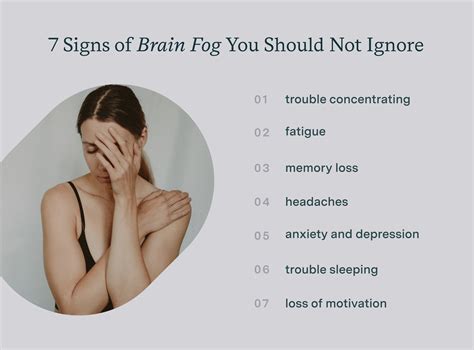Have you ever woken up and felt like something was off, like today just didn’t feel like any other day? It’s a strange and unsettling feeling that can leave you questioning your sanity. But rest assured, you’re not alone. Many people experience this phenomenon, and there are actually several reasons why it might happen.

Temporal Disorientation
One of the most common reasons why today might feel weird is temporal disorientation. This is a temporary state of confusion about time and place. It can be caused by a number of factors, such as:
- Lack of sleep: When you don’t get enough sleep, your brain doesn’t have time to process information and consolidate memories properly. This can lead to difficulty orienting yourself in time and space.
- Stress: Stress can also disrupt your brain’s ability to function properly. This can lead to difficulty concentrating and making decisions, which can make it hard to keep track of time.
- Certain medications: Some medications, such as antidepressants and anti-anxiety medications, can cause side effects that include temporal disorientation.
- Medical conditions: Some medical conditions, such as Alzheimer’s disease and schizophrenia, can also cause temporal disorientation.
Circadian Rhythm Disruption
Your circadian rhythm is your body’s natural sleep-wake cycle. It’s regulated by a part of your brain called the suprachiasmatic nucleus (SCN). The SCN uses light cues from your environment to set your body’s clock. When your circadian rhythm is disrupted, it can lead to a number of problems, including difficulty sleeping, fatigue, and difficulty concentrating. These problems can all contribute to a feeling of disorientation and make it hard to feel like yourself.
There are a number of things that can disrupt your circadian rhythm, such as:
- Shift work: Shift workers often have to work at night and sleep during the day. This can disrupt their circadian rhythm and lead to a number of health problems, including difficulty sleeping, fatigue, and weight gain.
- Travel: Traveling across time zones can also disrupt your circadian rhythm. This is because your body’s clock is still set to the time zone you left, not the time zone you’re in. This can lead to jet lag, which can cause symptoms such as fatigue, difficulty sleeping, and difficulty concentrating.
- Artificial light: Artificial light can also disrupt your circadian rhythm. This is because your body’s clock uses light cues from your environment to set your body’s clock. When you’re exposed to artificial light at night, it can trick your body into thinking that it’s still daytime. This can make it hard to fall asleep and stay asleep.
Psychological Factors
In some cases, a feeling of weirdness can be caused by psychological factors. For example, if you’re feeling anxious or depressed, you may be more likely to experience temporal disorientation or circadian rhythm disruption. This is because anxiety and depression can both interfere with your sleep and concentration.
What Can You Do?
If you’re experiencing a feeling of weirdness, there are a few things you can do to help:
- Get enough sleep. Most adults need 7-8 hours of sleep per night. When you get enough sleep, your brain has time to process information and consolidate memories properly. This can help to reduce temporal disorientation and improve your overall well-being.
- Manage stress. Stress can disrupt your brain’s ability to function properly. This can lead to difficulty concentrating and making decisions, which can make it hard to keep track of time. Find healthy ways to manage stress, such as exercise, yoga, or meditation.
- Avoid caffeine and alcohol before bed. Caffeine and alcohol can interfere with sleep. If you’re having trouble sleeping, avoid caffeine and alcohol in the hours leading up to bed.
- Create a regular sleep schedule. Going to bed and waking up at the same time each day can help to regulate your circadian rhythm. This can help to improve your sleep and reduce feelings of disorientation.
- Get regular exercise. Exercise can help to improve your sleep and reduce stress. This can help to reduce feelings of disorientation and improve your overall well-being.
- See a doctor. If you’re experiencing persistent feelings of disorientation, see a doctor. There may be an underlying medical condition that is causing your symptoms.
Conclusion
A feeling of weirdness can be a disconcerting experience, but it’s important to remember that it’s usually temporary and there are things you can do to help. By following these tips, you can reduce feelings of disorientation and improve your overall well-being.
